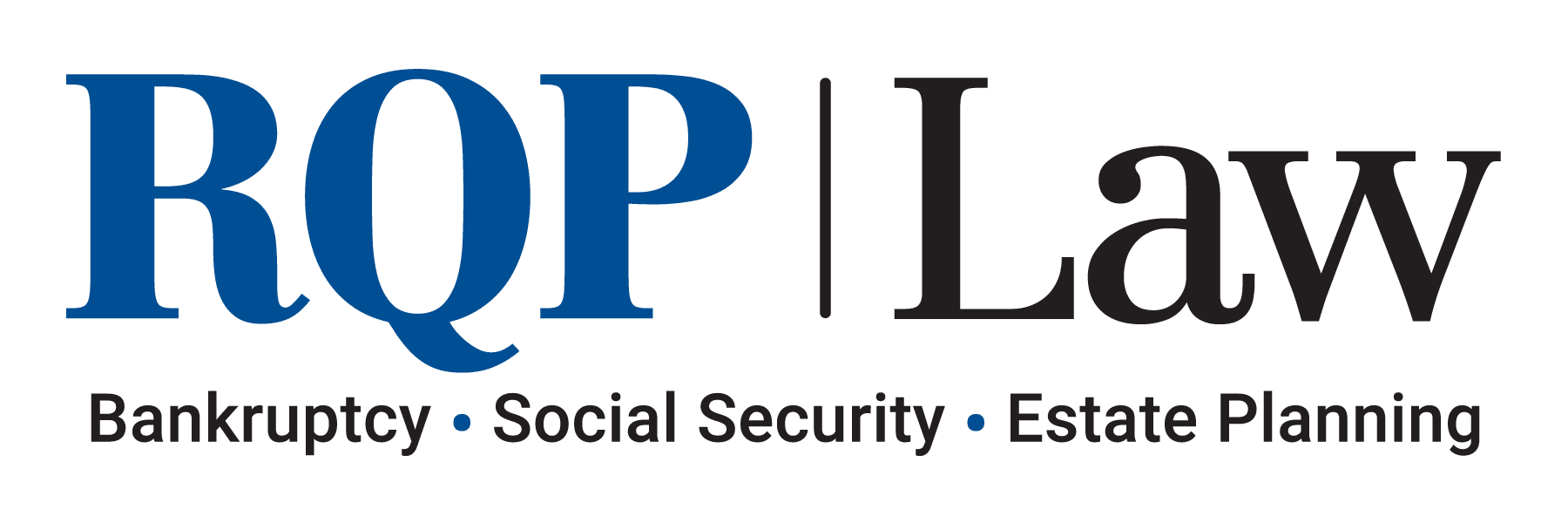Filing for Chapter 13 bankruptcy requires committing to a repayment plan over the course of several years. However, life can be unpredictable, and some debtors may face circumstances that prevent them from completing or continuing with their repayment plan on time. In such cases, a hardship discharge may provide relief to qualifying individuals.
What Is a Hardship Discharge?
A hardship discharge is a court-granted option available to Chapter 13 bankruptcy filers who cannot complete their repayment plans due to circumstances beyond their control. Debtors who seek a hardship discharge must first qualify before they are able to use this route. Qualifying debtors can discharge remaining debts, even if they haven’t fully repaid them under the terms of the original plan. While hardship relief can be a lifeline, it is only granted under strict conditions.
How to Qualify for a Chapter 13 Hardship Discharge
To qualify for hardship discharge, debtors must demonstrate that:
- Circumstances are beyond their control
- Modification of the plan is not feasible
- Creditors have been paid what they would have received in a Chapter 7 filing
Eligibility for a Chapter 13 hardship discharge requires you to already be in a Chapter 13 bankruptcy plan, as well as be eligible through the above qualifying criteria. In addition, you must demonstrate that good efforts were made to comply with the Chapter 13 plan, despite your hardship.
Injury or Illness
There are plenty of circumstances beyond one’s control that would cause them to require a hardship discharge. In the case of serious illness, you must show that you are unable to complete your payments because of the illness or injury sustained.
For example, a permanent disability due to an accident or a life-changing medical condition would immediately impact your ability to continue making payments. This could be due to the inability to continue working, leading to lost income.
Nonexempt Assets
Nonexempt assets cannot be exempt from the bankruptcy process. This can include:
- Luxury items
- Secondary properties
- High-value vehicles (including boats, RVS, etc.)
- Bank accounts and cash
- Investments and financial accounts
- Expensive household items
- Business stakes, inventory, etc.
- Valuable work-related tools
- Non-retirement accounts
- Inherited assets
These assets may be sold or factored into repayment plans.
Do Hardship Discharges Apply to Chapter 7 Cases?
Hardship discharges generally do not apply to Chapter 7 bankruptcy cases in Pennsylvania. They are specific to Chapter 13 bankruptcy and are designed to help individuals who are unable to complete their repayment plan, which is specific to Chapter 13.
Not everyone who files for Chapter 13 is eligible for a hardship discharge. You will need to meet qualifying criteria in order to file for a hardship discharge. Circumstances beyond your control that have impacted the ability to complete a repayment plan through Chapter 13 may make you eligible. It is best to consult with a bankruptcy attorney to evaluate your situation and determine whether you are eligible to apply.
Limitations to Hardship Discharges
Hardship discharges are limited to Chapter 13 bankruptcy filings. While Pennsylvania does not have unique limitations on hardship discharges, they adhere to limitations set by federal law. Individuals must meet eligibility criteria or they cannot receive a hardship discharge. To ensure the best chance possible at filing a successful hardship discharge, consult with your experienced bankruptcy attorney. A bankruptcy attorney has full understanding of all criteria that you need to meet in order to receive a hardship discharge. They can help you through the process to relieve further financial stress caused by circumstances beyond your control.
Consult with a Bankruptcy Lawyer on Hardship Discharges
Hardship discharges have complex requirements that a bankruptcy lawyer has a strong understanding of. They can help you evaluate your situation and assess whether you qualify for a hardship discharge. Documentation required to prove your changed financial situation is best compiled with the consultation of a bankruptcy lawyer, who knows which documents are necessary and can guide you through the filing.
To contact a Pennsylvania bankruptcy lawyer and begin your hardship discharge filing, call (610) 323-5300 or fill out our contact form.
Other helpful resources
Understanding Lis Pendens in Bankruptcy: Property Rights Explained
Bankruptcy is often used when a person’s debts have become so large that they cannot possibly pay them all. This means...
How to File a Motion to Reopen a Chapter 7 Bankruptcy Case
So, you need to reopen a Chapter 7 bankruptcy case. Luckily, you are able to do so. However, it is a complicated...


0 Comments